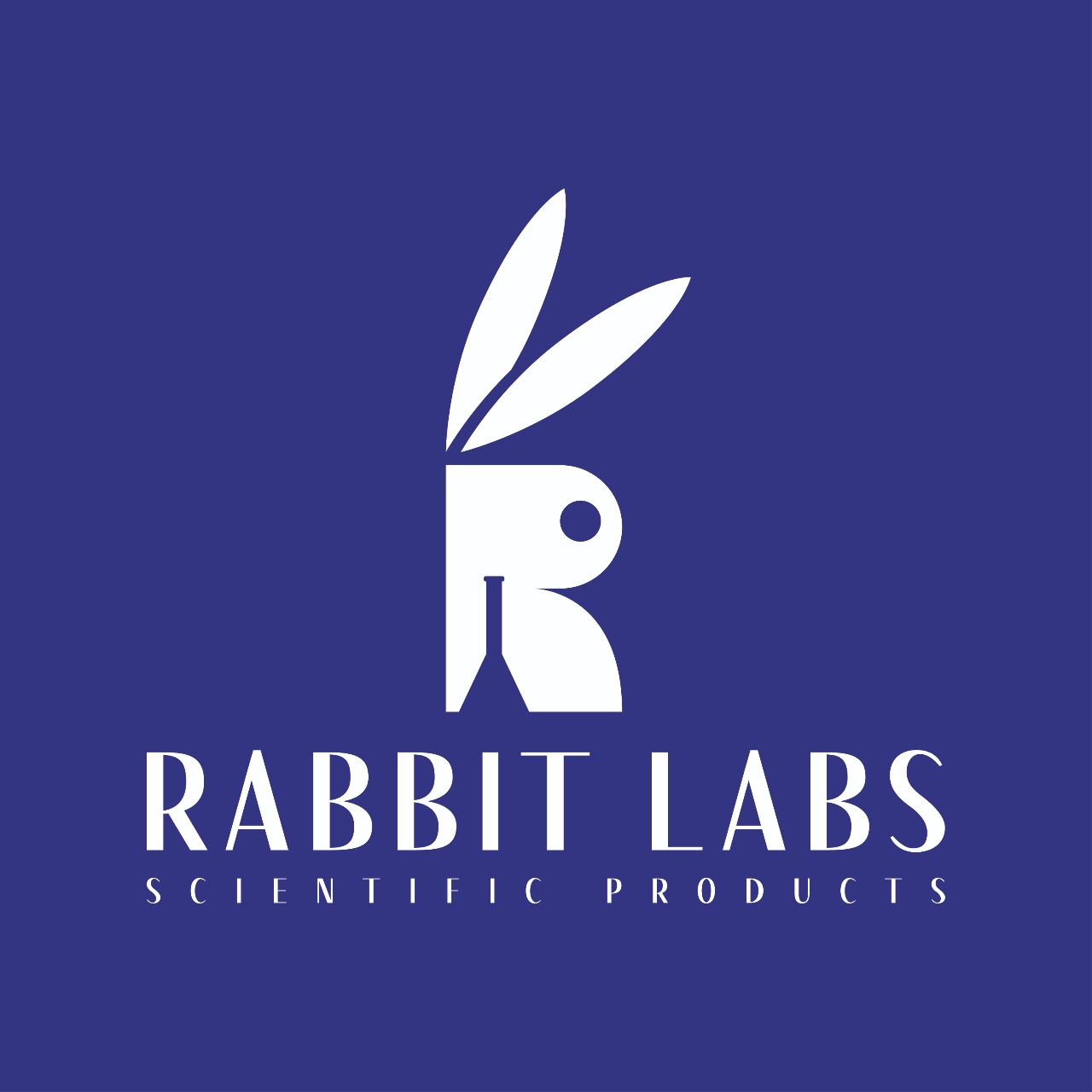[Tempo Bioscience] Tempo-iPhago™: Human iPSC-derived Phagocytes

SKU
212
Phagocytes are specialized terminally differentiated white blood cells. Phagocytes function to fight infections and to remove debris and dying cells. They express specialized receptors on the surface of cells and detect bacteria and other harmful objects. Phagocytosis is the process of microbial update and destruction of foreign materials. After phagocytosis, macrophages can participate in antigen presentation, a process where a phagocyte moves parts of the ingested dissembled material back to its surface. The material is then displayed to other cell types of the immune system. Some phagocytes then travel to the body's lymph nodes and display the material to white blood cells called lymphocytes. This process is important in building immunity, and many pathogens have evolved methods to evade attacks by phagocytes. Furthermore, macrophages are responsible for protecting tissues from foreign substances, but are also suspected to be important in the formation of important organs like the heart and brain. They are cells that possess a large smooth nucleus, a large area of cytoplasm, and many internal vesicles for processing foreign material.
Tempo-iPhago™ cells are reprogrammed from human iPSC-derived multipotent progenitor cells, using integration-free induced pluripotent stem cell (iPSC) lines using a fully defined proprietary serum-free, virus-free, nucleic-acids-free, feeder-free, and integration-free technology. They can be maintained as monolayer or suspension cultures under defined cell culture conditions. Tempo-iPhago™ cells express CD14, CD16, CD64, CD68, CD71, CD115, CD156c, and CD204 (mRNA data shown above). Tempo-iPhago™ show phagocytosis activities via LIVE-cell FITC-labelled beads uptake (images shown above).
Applications:
• Hematopoietic stem cell differentiation studies
• Inflammatory disease modeling
• Phenotypic Screening (e.g., inflammatory cytokines ELISA assays, phagocytosis assays)
• Toxicity studies
• Lineage differentiation biomarker studies and validation
Academic scientists receive a special rate! Find new cell culture solutions here.
Technology used: an in-house developed proprietary serum-free, virus-free, nucleic-acids-free, feeder-free, and integration-free technology.
Specifications: ~1.0x10^6 cells per 1ml of freezing medium (vial)
Long-term Storage: liquid nitrogen
Growth Properties: adherent or suspension culture
Storage: remove cryovials (dry ice packaging) and place the vial into liquid nitrogen for storage. Alternatively, thaw and use the cells immediately.
QC: Sterility, Safety (BioSafety Level 2), HIV/viruses, bacteria, fungi: negative. Cell viability post-thawing (>90%)
'Tempo Bioscience' 카테고리의 다른 글
| [Tempo Bioscience] Tempo-iMel™ Human iPSC-derived Melanocytes (0) | 2024.02.16 |
|---|---|
| [Tempo Bioscience] Tempo-iDopaNer™: Human iPSC-derived Dopaminergic Neurons (0) | 2021.08.24 |


